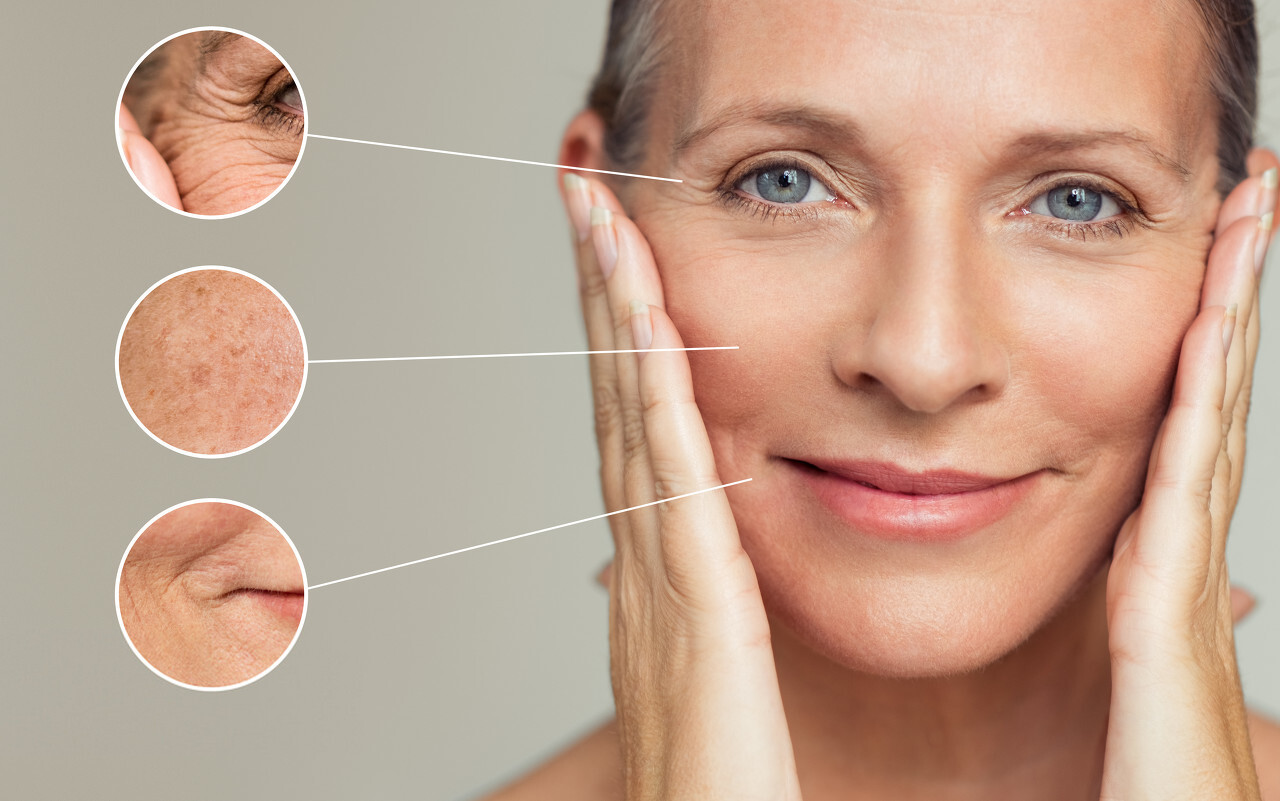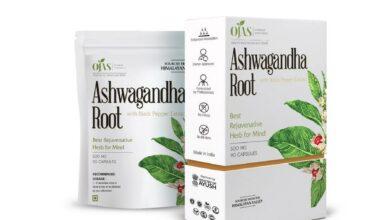Beauty and FashionHealth and Medical
All You Ever Wanted to Know about the Health & Well-being of Your Skin

Did you know that the skin is the largest organ? At around 22 square feet, it’s easy to assume that we give it the care it deserves. Unfortunately, that’s not always true. We often forget to deep-cleanse, use sunscreen, and eat healthy. The result? Tired-looking skin that’s prone to hyperpigmentation, acne and other unwanted conditions. This blog will help you get to know your skin better and give it proper TLC.
How Does Skin Work?
The skin does a lot more than merely cover us up. It regulates body temperature, protects us against germs, helps us feel sensations, and acts as a waterproof barrier. It also filters sunlight and manufactures vitamin D to aid in calcium absorption for healthy bones, teeth, and muscles.
The skin has three layers – the epidermis (outermost layer), the dermis (a deeper layer), and the sub-cutis.
- The epidermis comprises keratinocytes that grow outwards as we shed dead cells. It also has Langerhans cells that alert the immune system to pathogens.
- Below it is the dermis that contains collagen and elastin that gives skin its elasticity. This layer also regulates body temperature by increasing blood flow to allow excess heat to escape when it’s hot, and restricting blood flow to trap heat when it’s cold. The dermis also contains hair follicles, sweat glands, sebaceous glands, and apocrine glands.
- Beneath these two layers of skin lies the sub-cutis that comprises fat which acts as insulation and a fuel reserve. It also absorbs the shock of bumps and falls.
Also Read: Rhinoplasty cost in Delhi
5 Essential Tips to Keeping Skin Healthy
The skin has a lot of functions, as we can see. It’s our responsibility to keep it in peak shape so that it can perform at its best. Here are 5 simple yet vital ways to maintain it.
- Eat healthy: It’s no surprise that the first thing to do for healthy skin is to follow a healthy, balanced diet. It’s more effective than expensive creams and quick-fix fads! We are what we eat, after all, and what we put into our body directly affects the state of our skin. Foods rich in omega-3 fatty acids, vitamins and minerals are important. Try to avoid highly processed and sugary foods and have more whole grains, vegetables and fresh fruits. Add antioxidant foods like green tea, nuts and dark chocolate in your diet too.
- Hydrate: Like a healthy diet, it’s important to drink the recommended amount of water each day, no matter your skin type. There’s controversy around whether water helps get rid of acne, but studies show that it does support a healthy immune system, aids in detoxification and promotes skin hydration. Even if water doesn’t directly affect acne, it does prevent dehydration and helps in overall body function – including keeping skin healthy. Water intake differs between individuals but a rule of thumb is to aim for a minimum of 2 litters a day – and more if you’re a physically active person.
- Get good sleep: The National Sleep Foundation in the U.S.A. recommends that adults – even those over the age of 65 – get 7 to 9 hours of uninterrupted sleep a night. Not only is this necessary for alertness, physical and mental health, and weight maintenance, it’s also important for healthy skin. This is because your body repairs itself during sleep. Blood flow increases and collagen rebuilds. Your skin becomes rosier with fewer wrinkles, dark circles become lighter, and puffy eyes reduce.
- Bust stress: Studies show a link between stress and skin breakouts. Small wonder, then, that a pimple appears right before a big event that you’ve been stressing over! Researchers believe that stress increases sebum, an oily substance that clogs pores, which in turn causes acne, blackheads and whiteheads.
To reduce stress, incorporate these habits into your lifestyle: get proper sleep every night, even during off days; work out for at least 150 minutes at moderate intensity each week; reduce caffeine; journal; and meet up with close friends and family whenever possible. You can also practice meditation. - Never skip moisturizer and sunscreen: It doesn’t matter whether you have oily, normal or dry skin. You need to use a moisturizer that suits your skin all-year through to prevent it from becoming too oily or too dry. Along with it, remember to always load up on sunscreen. Regular use of sunscreen with an SPF of 30 or more can block around 97% of ultraviolet B (UVB) rays, which can damage DNA, cause skin cancer, and contribute to premature aging.
Your skin is the first defense against a lot of pathogens. With good care, it can do what it’s supposed to do. There’s a bonus as well – you’ll look years younger and feel great!





